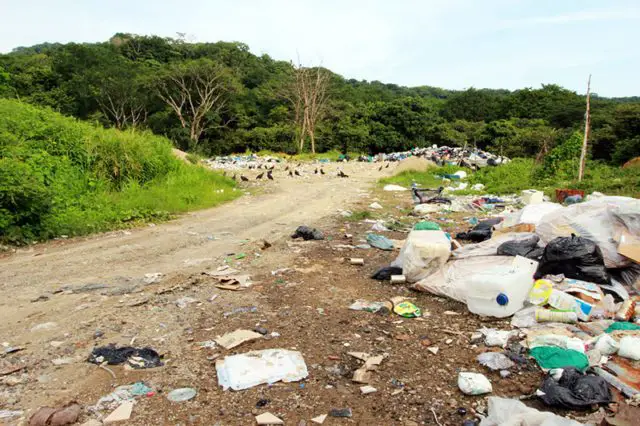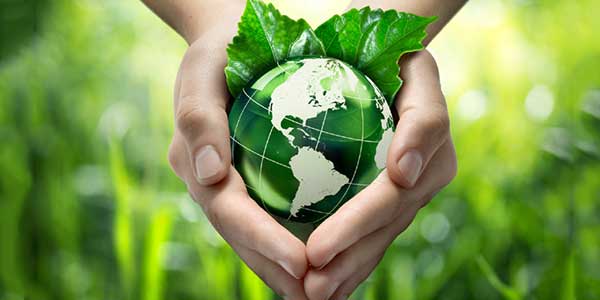Did you know that a considerable part of what you dump can be recycled? Many items that can have a secondary use often end up in open-area city dumps, polluting the environment, just because people do not have a culture for the adequate separation of waste.

Noelia Garita, a professor of the Environmental Management career at the Universidad Nacional (UNA), assured that they are trying to make people aware of the importance that proper use of waste can have, by teaching them that the amount of garbage generated at homes can be reduced significantly through very simple steps.

Materials such as paper, aluminum, glass, and some types of plastics are received at collection centers, but it is also necessary that people know which products can be recycled and which ones cannot:
For example, porcelain with which china is made is not recycled. When they are broken, every user must envelop pieces in a newspaper, tape them, and throw them into a trashcan. This way, you also collaborate with trash collectors so that they do not cut themselves.
Napkins cannot be recycled, either. The best way is that you throw napkins into a trashcan because in recycling centers they do not accept any dirty items.
Expired medicines are never thrown into a trashcan. You better consult if they receive such medicines at any nearer drugstore or collection center. Do not dump them into the toilet, either.
Batteries, cellphones, electronic devices, or cables have special management and must not be sent to the city dump. Municipalities have programs for the special management of this type of waste and, generally, they are collected once or twice a month.
Remember that more than 50% of home-generated waste is organic, and it can be used as fertilizer for plants.

